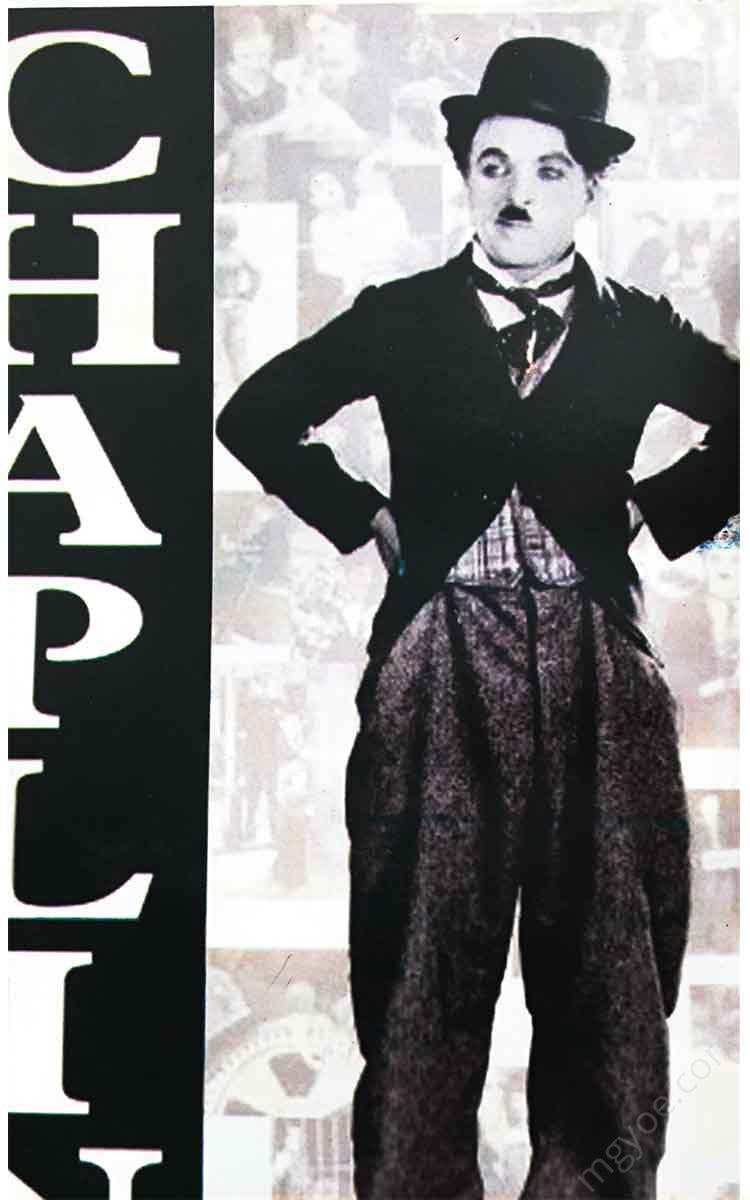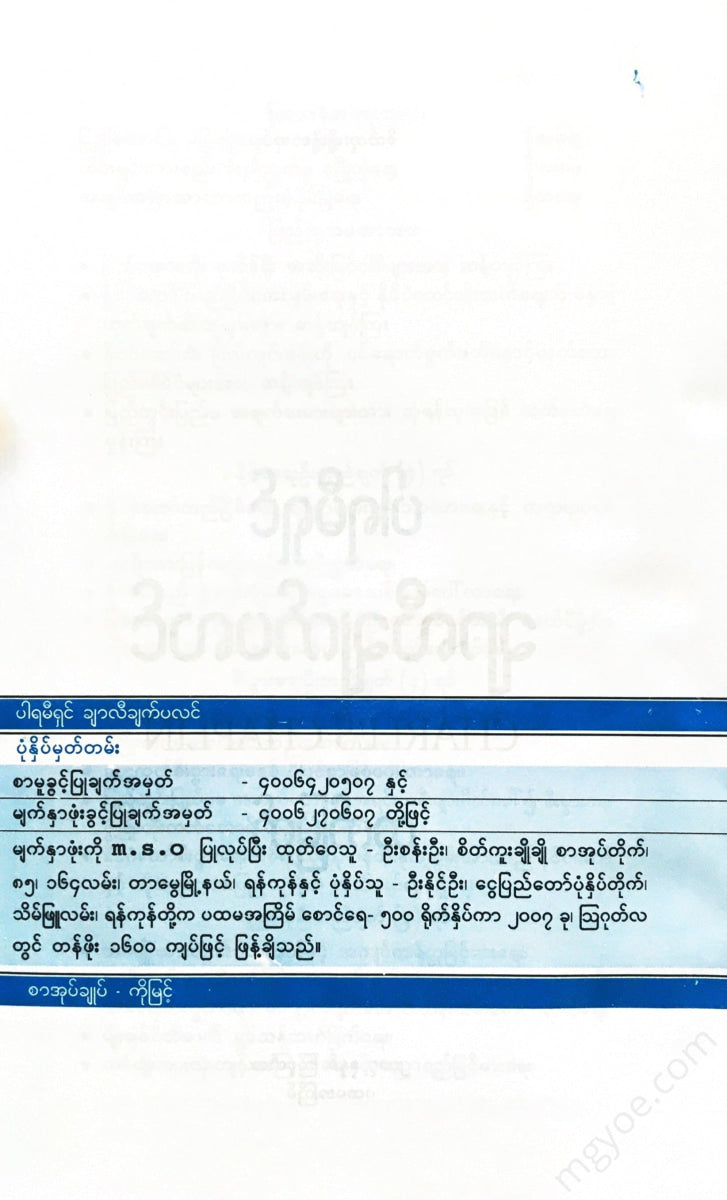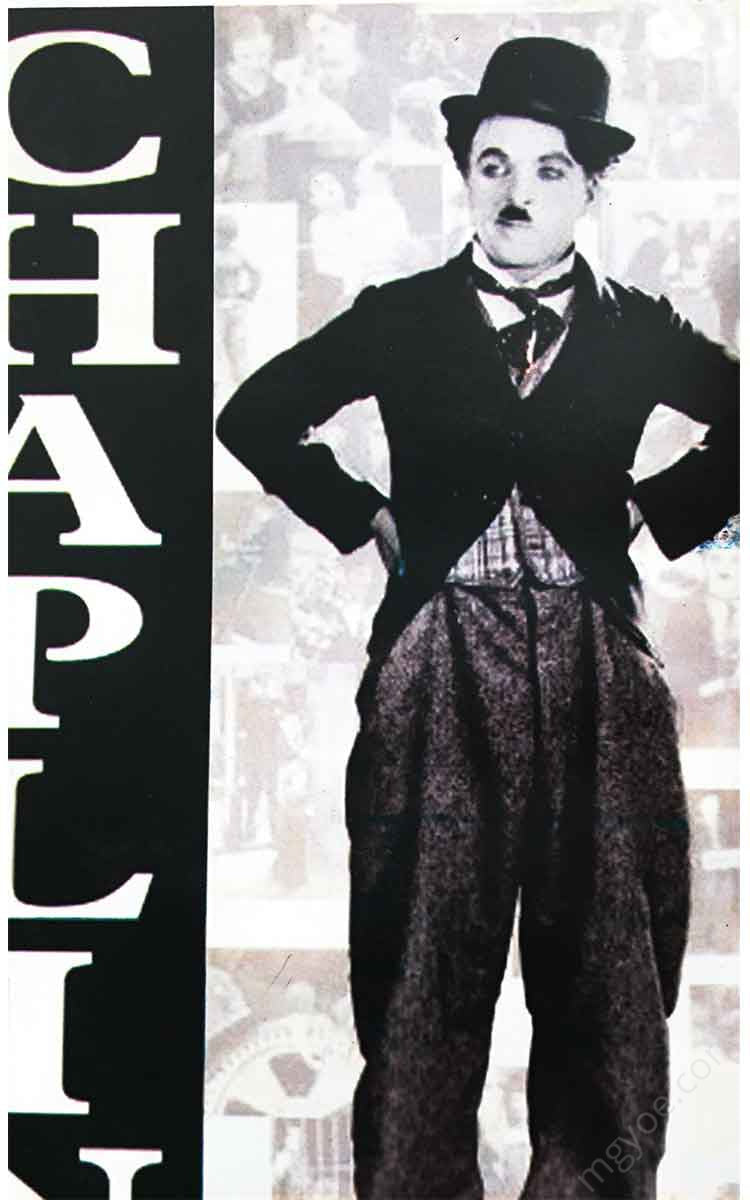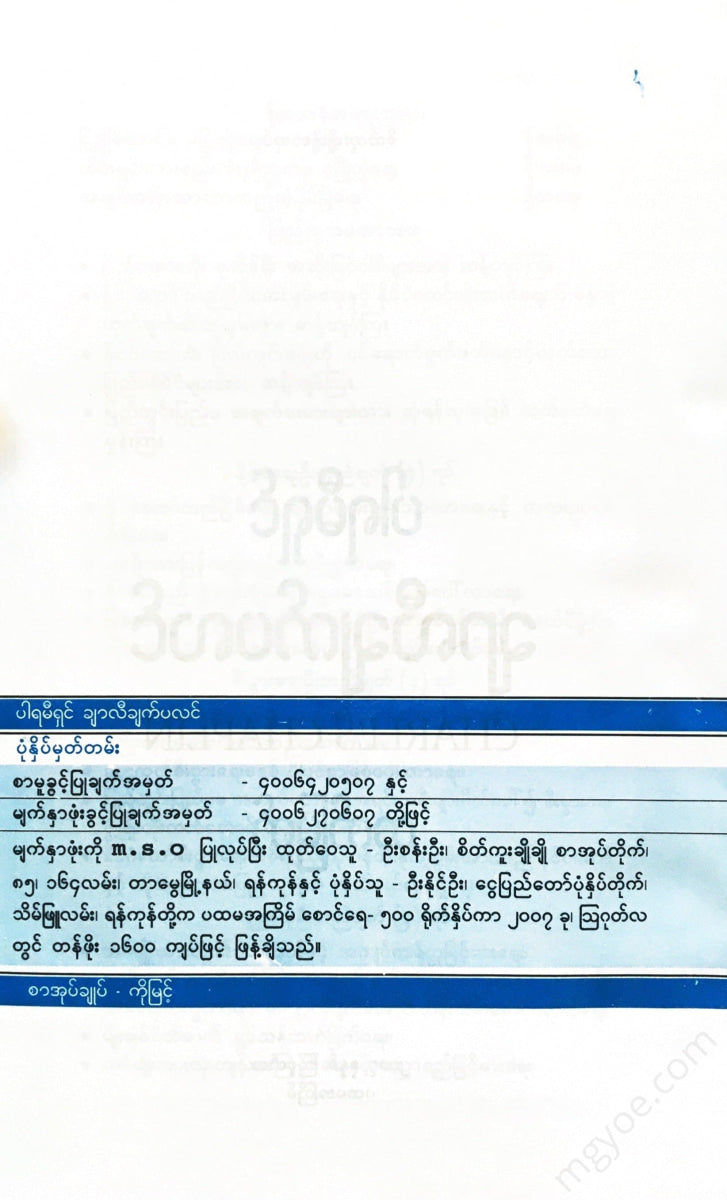စိတ်ကူးချိုချိုစာပေ
Brilliant - Charlie Chaplin
Brilliant - Charlie Chaplin
Couldn't load pickup availability
Charlie Chaplin is known as a world-famous film actor and director. He was born in London in 1889. He is considered one of the greatest political leaders, dictators, and literary figures of the 20th century, who had a profound influence on the events, cultural ideas, and world politics of the 20th century.
The film industry was booming in the early 19th century. Before that, there were only operas and dramatic plays that used live actors on stage. Both of Charlie Chaplin's parents were also dancers. Charlie Chaplin also joined traveling troupes from a young age.
Charlie Chaplin's parents separated shortly after his birth. He and his older half-brother, Sidney, struggled to survive with their mother, who struggled to raise the two young children, becoming a mentally ill person.
In 1914, Charlie Chaplin made his first film. After his fame, he became famous for his stories about the lower classes, which were based on his experiences as a child in poverty. His stories are characterized by a combination of tragedy and tragedy, and a brilliant portrayal of the world, nature and humanity. He appeared in more than 80 films during his lifetime.
The films that became famous are: 1. The Kid, 2. The Gold Rush, 3. City Lights, 4. Modern Times, 5. The Great Dictator, 6. Limelight .
The hat, the jacket, the baggy trousers, the mustache (the mustache was about two fingers long and stuck straight down the nose like a toothbrush, Hitler also had a mustache. There is no evidence to prove who grew it first. I think Charlie Chaplin did it first.), the shoes and the cane made the name Charlie Chaplin a symbol. Charlie Chaplin wrote an autobiography in which he himself recounted his life. It is a unique biography, as it describes his humble origins, his poor and naive childhood, his successes and failures with openness and honesty. It is a story of his life, which is like a movie story, and is written with great eloquence, making it nostalgic and funny. By chance, I think I can read the introduction to his biography, translated into Burmese below, and gain some insight into his writing style and his poetic genius.
I was so moved by the introduction that I couldn't continue reading the book for a long time.
I remember reading this introduction once on a BBC English program.
I would say that Charlie Chaplin had the talent to be a good writer, even though he had only a little schooling.
My autobiography.
Charles Chaplin
Introduction
Before Westminster Bridge, Kennington Road was just a small road for horse-drawn carriages. In June 1750, the bridge was completed and a new road was built to Brighton. So Kennington Road, where I walked as a child, is now a place of architectural beauty, with its houses adorned with wrought iron gates, and King George IV was seen riding his horse-drawn carriage to Brighton along the new road.
By the mid-19th century, the houses on Kennington Road had been replaced by apartment blocks and terraced houses. However, the remaining houses were still occupied by doctors, successful merchants and theatre professionals. On Sunday mornings, horse-drawn carriages could be seen waiting in front of these houses to pick up actors who were going to the theatres in Norwood or Marton, which were about 10 miles away, and on the way back they would stop at the pubs on the road, such as the White Horse, the Horn and the Tinkett.
When I was 11 years old, I used to stand in front of a tavern and watch as the theatergoers would come in horse-drawn carriages to meet each other before lunch, to have a drink.
I usually go home when the shops are empty and the last one is back at dusk. Our house is at No. 3 Pound Street, at the end of Kennington Road. We have to climb a rickety staircase to reach our room. The flats are dingy and smell of old clothes and leftover food.
It was Sunday. My mother was sitting near the window, staring out. When I entered, she turned and smiled faintly. The room, about twelve feet across, seemed even smaller than usual, and I felt suffocated. The low ceiling made it seem even lower. The table against the wall was littered with unwashed plates and teacups. Under the low ceiling in one corner of the room, my mother had an old iron bed, painted white. Between the bed and the window was a small lamp. At the foot of the bed was the large folding chair that my brother Sydney had used as a bed. He was on a trip to the sea at the time.
That day, my mother had not cleaned the room, which made me even more nervous. My mother usually cleaned the room. My mother was not yet 37 years old. She was still very smart. She made the small, dirty room seem like a place to live. Especially on Sunday mornings in the winter, my mother would make me eat breakfast in bed. When I woke up, the stove was on and the kettle was boiling, steaming. While my mother was toasting the bread, she would keep a plate of haddock or herring on the fire. I would listen to my mother preparing breakfast and the sound of the kettle being filled with water in the warm room, while I read a weekly comic book. These were the pleasant experiences that I often found on quiet, summer Sunday mornings.
On the Sunday I mentioned, my mother was sitting by the window, lost in thought. For the past three days, my mother has been sitting by the window, strangely silent, lost in thought. I know that my mother is very worried. She has been away on a sea voyage in Sydney for about two months. I have not heard from her. The sewing machine that we had been renting on a monthly basis to pay for our living expenses has also been taken back. (This is what we do when we can’t pay.) The five (5) shillings a week I earn for my dancing lessons has suddenly stopped.
We are always struggling with difficulties, so difficulties are not uncommon. I have been used to ignoring difficulties since I was a child. After school, I would run home to my mother, do the laundry, take out the garbage, and carry a bucket of water to the McCarthy house for the whole evening. It was a temporary escape from our small, miserable room.
The McCarthys were friends of mine when I was a child. They lived in a small house on Kennington Street. Compared to us, they were quite well-off. They had a son named Wally. I used to play with Wally until the sun went down. When the sun went down, Wally would stop me from having tea. I often had dinner at their house in this way. Sometimes Mrs. McCarthy would ask me if I had seen my mother and what she was doing. I would answer, "What is she doing?" My mother would avoid seeing me because she didn't want to upset her old acquaintances while she was in trouble.
There are days when I stay at home with my mother. She makes me bread and butter, which I love. She is a good reader and sometimes reads to me. I find that spending time at home with my mother is more enjoyable than spending time at the McCarthys' house.
That Sunday, when I entered the house, my mother looked at me as if she didn't want me to come. She looked thin and tired. Her eyes were like the eyes of someone who had been abused and was suffering. I felt a sadness that I couldn't express in words. I was torn between wanting to stay home with my mother and wanting to leave her and go. My mother looked at me with an unwelcome expression and said, "Why don't you go to the McCarthys' house?"
I held back my tears and replied, "I want to stay with my mother." My mother, still looking out the window, said, "There's nothing for dinner, so I went to the McCarthys' house and played and ate."
I could hear my mother's voice trying to blame me. However, in my heart, I no longer saw her as guilty and weakly replied, "If she wants me to go, I will."
My mother smiled faintly and patted my head. She said, "Okay... okay... let's go." I told her again that I didn't want to go, but she insisted on going. So, feeling guilty in my heart, I left my mother alone in the small, gloomy room. Little did I know that a few days later, fate would befall her.
( MYAUTOGEOGRAPHY. Charles Chaplin.
PENGUIN Books' 1964)







